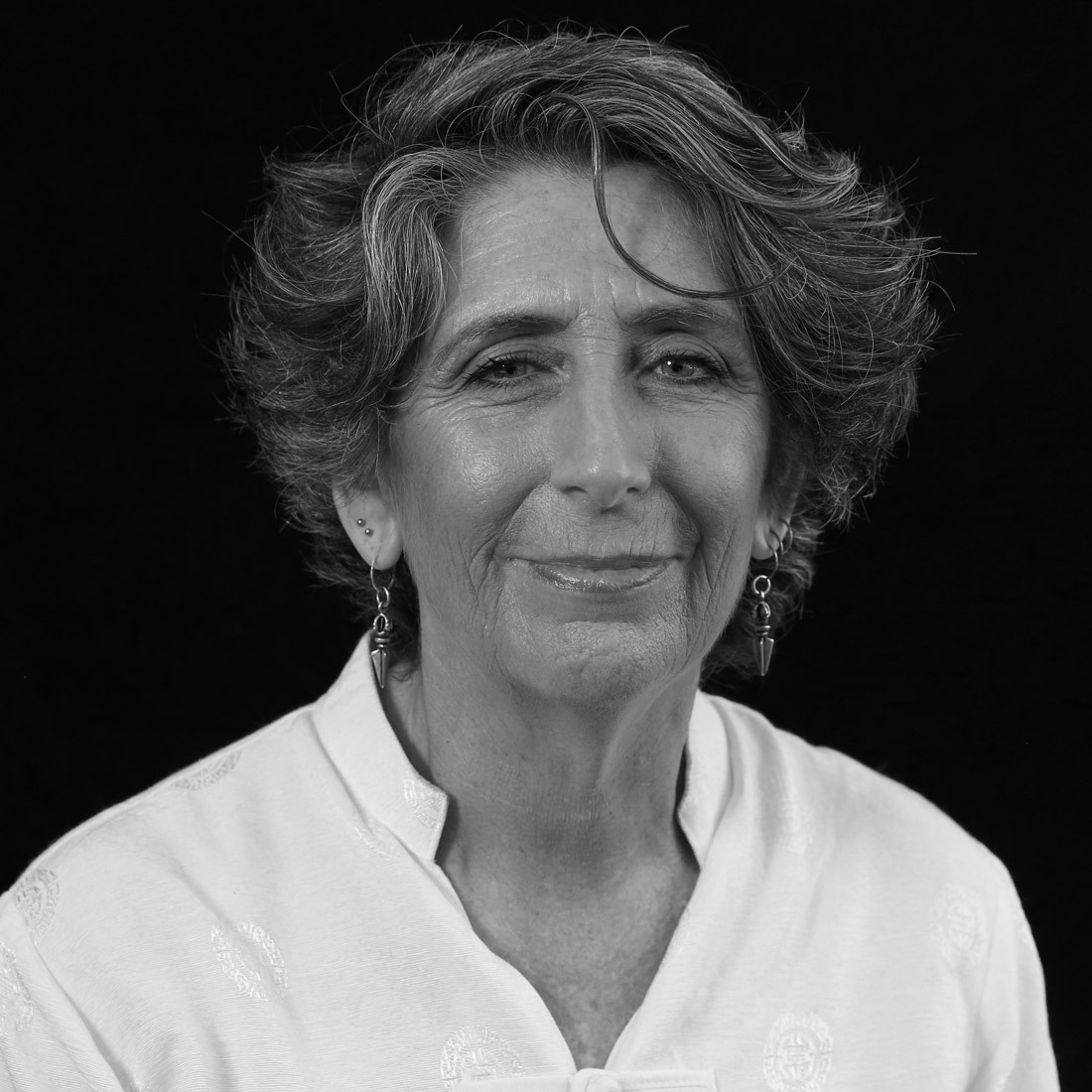Interview with PM Newton
Q. Your novels are crisply written, compelling detective stories with well-developed characters to which the reader can instantly relate. You have now published two novels but for the reader there is the sense that you have been writing for a long time. When did you start writing? What made you embark upon writing as a career?
A. Thank you, that means a lot because like many writers I have a deep sense of inadequacy. I’ve found that among writers it’s quite common to feel like an imposter who, at any moment, expects to be tapped on the shoulder and told that there was a mistake and that you don’t actually belong. I have that sense quite intensely because my background did not involve the usual progression of many writers who start by writing short stories, making their way through publications in journals, or writing competitions to finally producing a novel. My development as a writer came about quite slowly and I have felt like a bit of an outsider, suddenly turning up (so it seemed) with a novel as a first publication.
The first ‘paid’ writing I did involved Music and Mali. I’d traveled there because I loved the music, and I had an opportunity to help out translating and then writing blurbs for CDs, and taking photographs for CD covers. I then sold a travel piece to a magazine, including my photos and thought, right, maybe I can create a career as a travel writer. Writing a novel was not really something I thought I was capable of. I’d tried a few short creative writing courses, but I didn’t really have a story that was battling to get out. It was not until the murder of three Tibetan monks a short distance from my home in Dharamalsa that I suddenly found myself writing, trying to expel the horror of the event and all the trauma of my previous work as a cop. It was not a plan to end up with a crime novel. And it was a failed novel. That was 1997. It was many thousands of discarded words and another whole failed novel later that I finally wrote one that worked. The Old School was published in 2010. So it was a real overnight success!
Q. Your descriptions of police life and police practice ring with credibility. As a person without a police background I feel as if I know much more about what it is like to be a police detective. How much of your own professional background do you draw upon when constructing your themes?
A. I guess I’m a lazy researcher – I write about a period I know. I’d be all at sea about contemporary policing. But to be frank, I’m more interested in exploring the reality of being a police officer as it pertains to the emotional impact, rather than the technical aspects of it, or even the procedural detail. Most crime fiction – in books and on TV – is not really interested in exploring the reality of police procedure because it’s basically boring, slow, tedious, and consists of a whole lot of people working their little bits of expertise to put something greater together. The closest depiction of it was in The Wire. And look how fabulous that was! So it can be done. I try to make it real by hinting at the larger cast involved, and in Beams Falling I try to imply the passage of time when not much is happening in the investigation because that is the reality. I’m also interested in revealing the toll that policing takes on those involved, on the coppers, the victims of crime and on criminals. Crime is not really very entertaining. It’s cruel, it’s painful, and its impact is long lasting.
Q. Detective Nhu Kelly (Ned to her fellow officers) appears in both Beams Falling and The Old School. How do you build your characters? Where do you find inspiration?
A. Ned turned up fully formed. I fact when she first rocked up she was pushing forty and an experienced Detective Sergeant teetering on making Inspector in the Homicide Squad. But I always knew she had a backstory, and as things turned out it was the backstory that needed to be told first. So that meant getting to know a different Ned, a young early twenties, naïve, brand new inexperienced detective. I’m not a big believer in the muse but she came pre-loaded with a rich history. Looking back I can see that maybe she was a long simmering mix of things – I was living overseas, in India, I was listening to Australian news and politics via Radio Australia. I was hearing Pauling Hanson complaining about an Asian Invasion. I was wondering if I recognised my own country anymore. All those things probably, subconsciously, went into summoning the figure of Ned who turned up a few tens of thousands of words into the novel I was learning how to write when I realized I would need a detective to solve the crime. Naming her was a conscious act. I wanted to take the most iconic Australian symbol and give it a new gender, a new face. When it comes to creating the cast I often need a few drafts before some of the minor players start to feel like people to me. I’m deeply unhappy until that happens. Then sometimes, as in Beams Falling a new character walks into a final scene and you look at them and say ‘Where’ve you been? I know you and I can see the places you should be.’
Q. As well as being gripping reads, your novels explore human psychology and culture, especially police culture. How do you plan your writing?
A. It’s a bit planning and a bit exploration. I don’t tend to do synopsis or detailed plans. I have a vague idea of what I think might have happened, of where I might end up, and the effect it’s going to have on all concerned and then I do a lot of research of the time period by going back and looking at the newspapers. That reminds me of the sort of zeitgeist of the times, what were people excited by, worried about, listening to, reading, and seeing at the movies. If the books end up reading as social histories then I’d be very satisfied. I’ll sometimes see something, a snippet of a story and think ‘Yeah, that captures the essence of the time’ and from that I’ll riff a larger story, a more complex story. I often have an overarching idea; say the long lasting effect of grief on the families of murder victims, or the way trauma effects police. But that’s not a story that’s just an idea. Then I might ask myself a question, such as in Beams Falling, how do you heal from PTSD, which leaves you hyper-vigilant and suspicious, when as a police officer those are the very qualities you need to do your job? But it’s not really until the characters come along, and start talking, thinking and moving that the story really comes alive,
Q. Finally, a trivial question. What do you like to do on days off, if you have them?
A. I love walking bush trails, the around the harbor headlands are beautiful. I started running again last year and loved it until I tore a tendon in my foot. Swimming is great for the mind, and just sitting by the harbor, listening to the water, watching the boats. Also – give me a great DVD box set to binge on and I’m happy.
PM Newton, many thanks for agreeing to this interview. Having really enjoyed your novels we are looking forward to meeting you soon at the St Albans Writers’ Festival.


